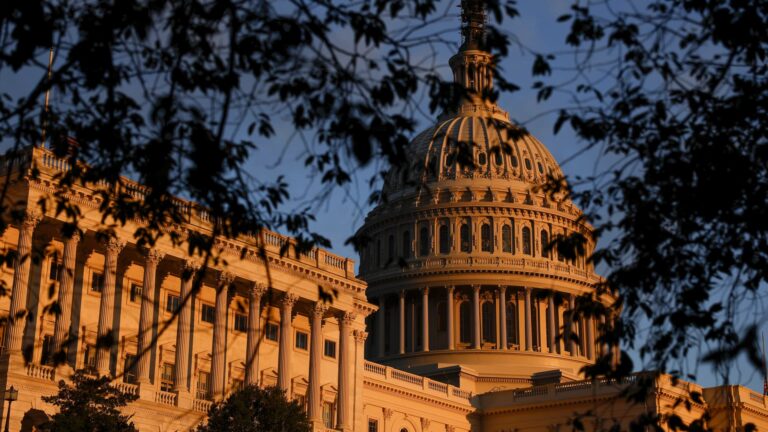The newly opened door to an Ethereum ETF is part of a larger story that took the cryptocurrency market by storm last week. The political tides in the industry seem to be tilting in favor of cryptocurrencies. On Thursday night, the Securities and Exchange Commission (SEC) surprised most market watchers by approving rule changes that pave the way for the creation of an Ethereum ETF. Expectations for approval were low when the week began, but they suddenly reversed course last Monday, sending Ethereum up 20%. The SEC’s decision follows a vote on May 8 to overturn the controversial SEC accounting policy (SAB 121), which would have required banks to treat digital assets on their books as liabilities. The White House announced the same day that President Biden would veto the bill, and in any case the Senate rejected the proposal on May 16. Meanwhile, on May 9, former President Donald Trump said he would soon start accepting campaign contributions in cryptocurrencies. “The Ethereum ETF news is definitely positive, but the real excitement lies in the underlying reasons for the SEC’s sudden change,” said Rachel Lin, CEO and co-founder of SynFutures, a decentralized derivatives trading platform. “Until recently, it seemed as though the SEC and parts of the U.S. administration were pursuing anti-crypto policies to rein in the sector. But there seems to be a growing political awareness within the administration that crypto is an issue that could swing elections.” Landmark victory And last week, the day before the SEC approved the rule changes to allow an Ethereum ETF, the House of Representatives passed a crypto infrastructure bill called FIT 21 (Financial Innovation and Technology Act of the 21st Century). The bill would dictate whether cryptocurrencies fall under the jurisdiction of the SEC or the Commodity Futures Trading Commission. Many are hailing FIT 21 as a landmark victory for the industry. “We’re seeing a big shift in politics right now,” Owen Lau, a senior analyst at Oppenheimer, told CNBC. “People are starting to realize that being anti-crypto is not good politics.” While the consensus in Washington is that FIT 21 is unlikely to make it to the Senate, Lau said its passage in the House of Representatives would lay the groundwork for the next Congress, which convenes in January next year. “We’re getting closer to regulatory clarity,” he added. “The problem right now is that there are no rules.” As a result, “there’s a lot of unpredictability in this space, which could lead to capital, talent and projects fleeing the country.” Alex Thorne, head of research at Galaxy Digital, noted that with the summer holidays looming and the presidential election in the fall, there isn’t much time left on the legislative calendar to pass industry-friendly legislation. Still, he didn’t completely rule out the Senate taking up existing initiatives, such as the Lummis-Gillibrand Responsible Financial Innovation Act, co-sponsored by Democratic Senator Kirsten Gillibrand of New York and Republican Senator Cynthia Lummis of Wyoming, which seeks to create a comprehensive regulatory framework for crypto assets. “I would be surprised to see FIT 21 or a similar bill actually pass this year,” Thorne said. “It’s the political dimension of this that’s most interesting. It could portend a fundamental shift in financial regulation.” [the] This democratic leadership approach to the industry will certainly serve crypto well.”

